One Step Forward, Two Steps Back for Heart Patients
A money-back deal for cholesterol-lowering PCSK9 inhibitors doesn’t cut costs enough, claims a new analysis from a University of Pittsburgh researcher
Perspective: My Clinical Trials Awareness Journey

The need for robust clinical trials participation is critical to women and men across this country, whether they know it or not.
New Video Explores Pay-for-Value Rx Pricing

Innovation comes at a price, one that health insurers may hesitate to pay.
Non-Medical Switching May Increase Health Care Costs, New Study Finds
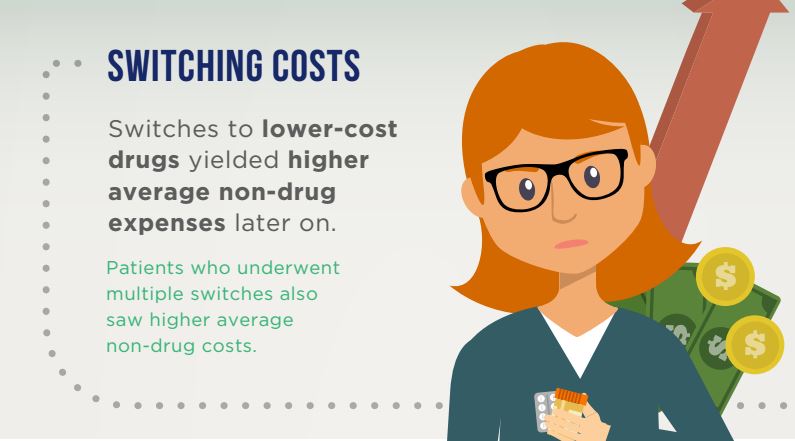
Opting for cheaper prescription drugs seems like an obvious way to cut health care costs. The assumption has led health plans to employ utilization management techniques with increasing frequency in recent years. And it’s given rise to a newer phenomenon known as “non-medical switching,” where health plans exclude a drug from coverage or increase patients’ out-of-pocket burden in hopes of persuading patients to take a less expensive drug.
Can Yoga Solve America’s Opioid Abuse Crisis?
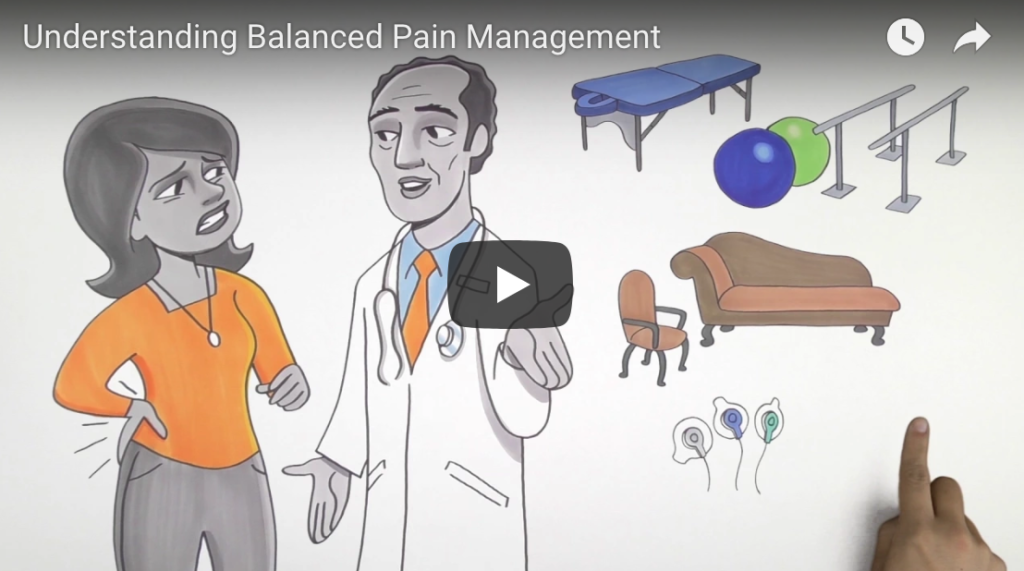
Could the solution to America’s opioid overdose crisis be as close as the nearest yoga studio?
New “Fast Facts” Examines Issue of Co-Pay Coupons
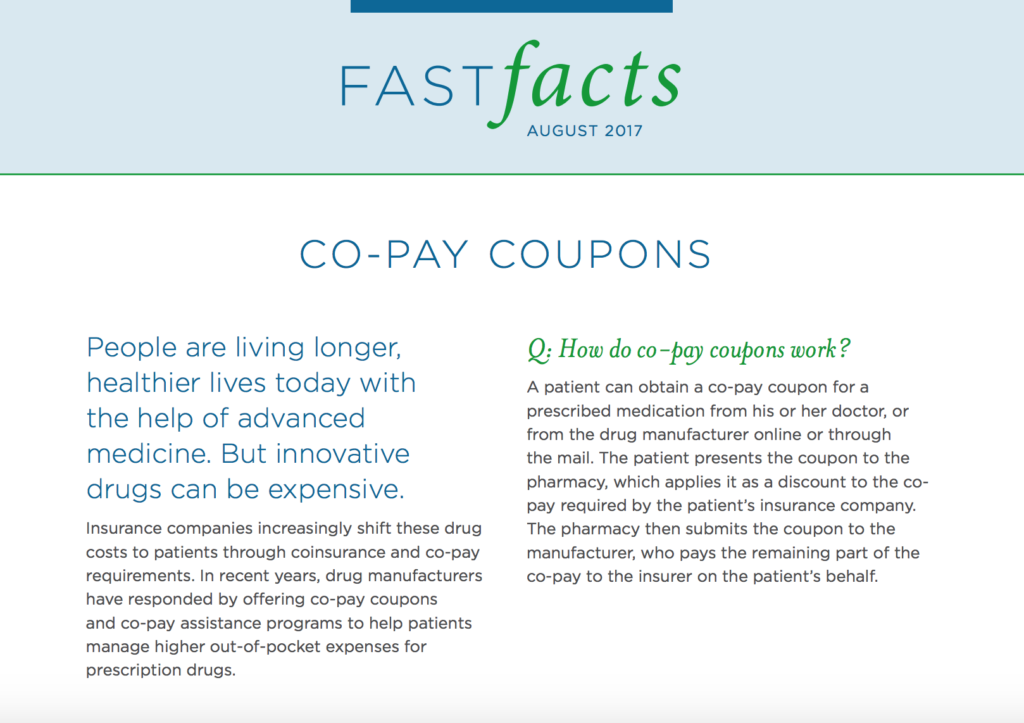
Are coupons that help patients afford their co-pays a help – or a hindrance – in the age of innovative but costly prescription medications? A new “Co-Pay Coupons” Fast Facts from the Institute for Patient Access explores why coupons and co-pay assistance programs remain a source of debate – and how they impact patients’ ability to access the medication their doctor prescribes.
Cost-Motivated Treatment Changes in Commercial Claims: Implications for Non-Medical Switching
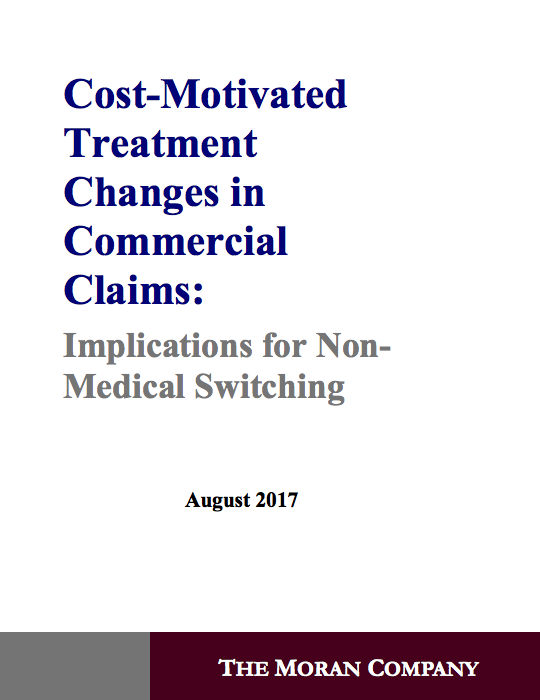
Health benefits designs in both private and public health insurance programs include mechanisms to control the costs of care, resulting in many health care choices being made with a focus on financial concerns that could outweigh clinical factors. This can particularly be true for interventions involving prescription drugs and biologics. In some cases, choice of […]
Cost-Motivated Treatment Changes & Non-Medical Switching: Commercial Health Plans Analysis

Non-medical switching occurs when health plans drive stable patients to switch from their current medication to a less expensive alternative. It can occur several different ways: by changing the list of approved drugs, by incentivizing pharmacists or physicians to switch a patient’s medication, or by limiting or eliminating the use of co-pay coupons that patients […]
Physicians Collaborate on Medicare Policy for Parkinson’s Patients

Most all of us know someone living in a long-term care facility – a friend, a former neighbor, a family member. But not all may be aware of a recent debate about the use of a certain type of medication – antipsychotic medication – for seniors living in these facilities.
IfPA Paper Weighs Access to Hepatitis C Cures for Prisoners
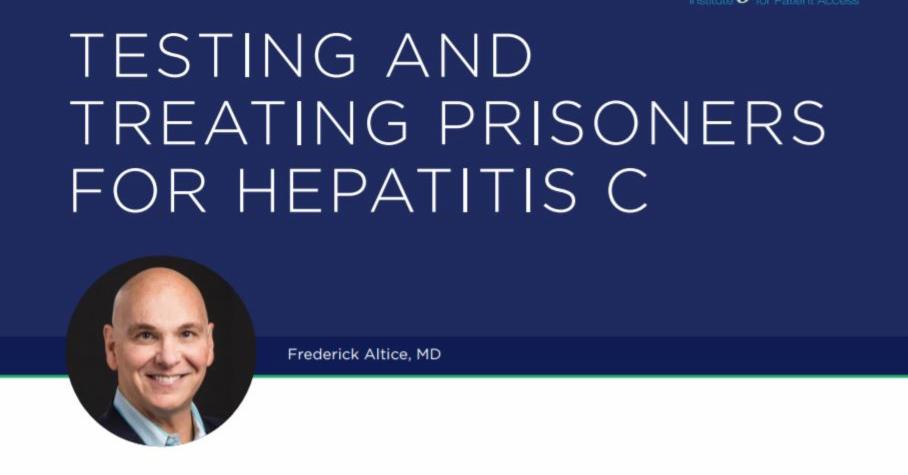
Nearly one in five Americans with hepatitis C spends time behind bars each year, making the prison system an opportune environment to test and cure potential transmitters of the disease.

